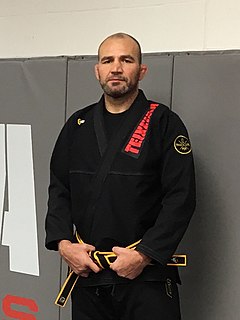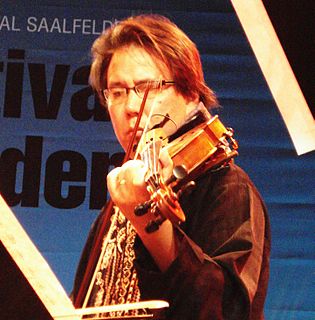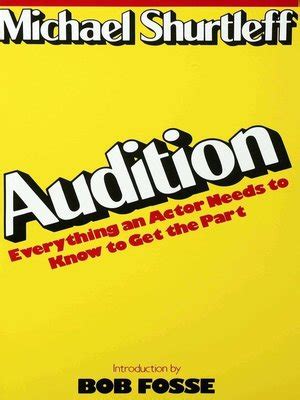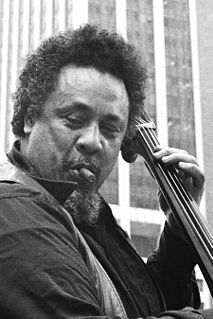A Quote by John C. Maxwell
There?s a difference between listening passively and listening aggressively. To listen with your heart, you have to listen actively.
Related Quotes
Listening is totally different from hearing. Hearing, anybody who is not deaf can do. Listening is a rare art, one of the last arts. Listening means not only hearing with the ears but hearing from the heart, in utter silence, in absolute peace, with no resistance. One has to be vulnerable to listen, and one has to be in deep love to listen. One has to be in utter surrender to listen.
'In empathic listening you listen with your ears, but you also, and more importantly, listen with you eyes and with your heart. You listen for feeling, for meaning. You listen for behaviour. You use your right brain as well as your left. You sense, you intuit, you feel.' ... 'You have to open yourself up to be influenced'.
Deep listening is the kind of listening that can help relieve the suffering of another person. You can call it compassionate listening. You listen with only one purpose: to help him or her to empty his heart. Even if he says things that are full of wrong perceptions, full of bitterness, you are still capable of continuing to listen with compassion. Because you know that listening like that, you give that person a chance to suffer less.
The difference between listening and pretending to listen, I discovered, is enormous. One is fluid, the other is rigid. One is alive, the other is stuffed. Eventually, I found a radical way of thinking about listening. Real listening is a willingness to let the other person change you. When I’m willing to let them change me, something happens between us that’s more interesting than a pair of dueling monologues.
The secret is to listen, open your mind, listen to the pros. With the help of the UFC's Performance Institute, too. Listening to my coaches and listening to my body, too. Having discipline. It's not just listening, too, because sometimes people have the knowledge but don't know how to use it. You need to be able to put that to practice.
I love jazz. So to me, there are two main types of jazz. There's dancing jazz, and then there's listening jazz. Listening jazz is like Thelonius Monk or John Coltrane, where it's a listening experience. So that's what I like; I like to make stuff that you listen to. It's not really meant to get you up; it's meant to get your mind focused. That's why you sit and listen to jazz. You dance to big band or whatever, but for the most part, you sit and listen to jazz. I think it comes from that aesthetic, trying to take that jazz listening experience and put it on hip-hop.
When you're listening to music, you listen to it with a friend one day and it sounds one way. You listen to it with another friend the next day, and it sounds a little different. Sometimes the greatest pleasure of listening is not the music that you're listening to; it's the person that you're listening to it with.
Listening is more than being quiet. Listening is much more than silence. Listening requires undivided attention. The time to listen is when someone needs to be heard. The time to deal with a person with a problem is when he has the problem. The time to listen is the time when our interest and love are vital to the one who seeks our ear, our heart, our help, and our empathy.
Listening is a very deep practice. You have to empty yourself. You have to leave space in order to listen especially to people we think are our enemies - the ones we believe are making our situation worse. When you have shown your capacity for listening and understanding, the other person will begin to listen to you, and you have a change to tell him or her of your pain, and it's your turn to be healed. This is the practice of peace.



































